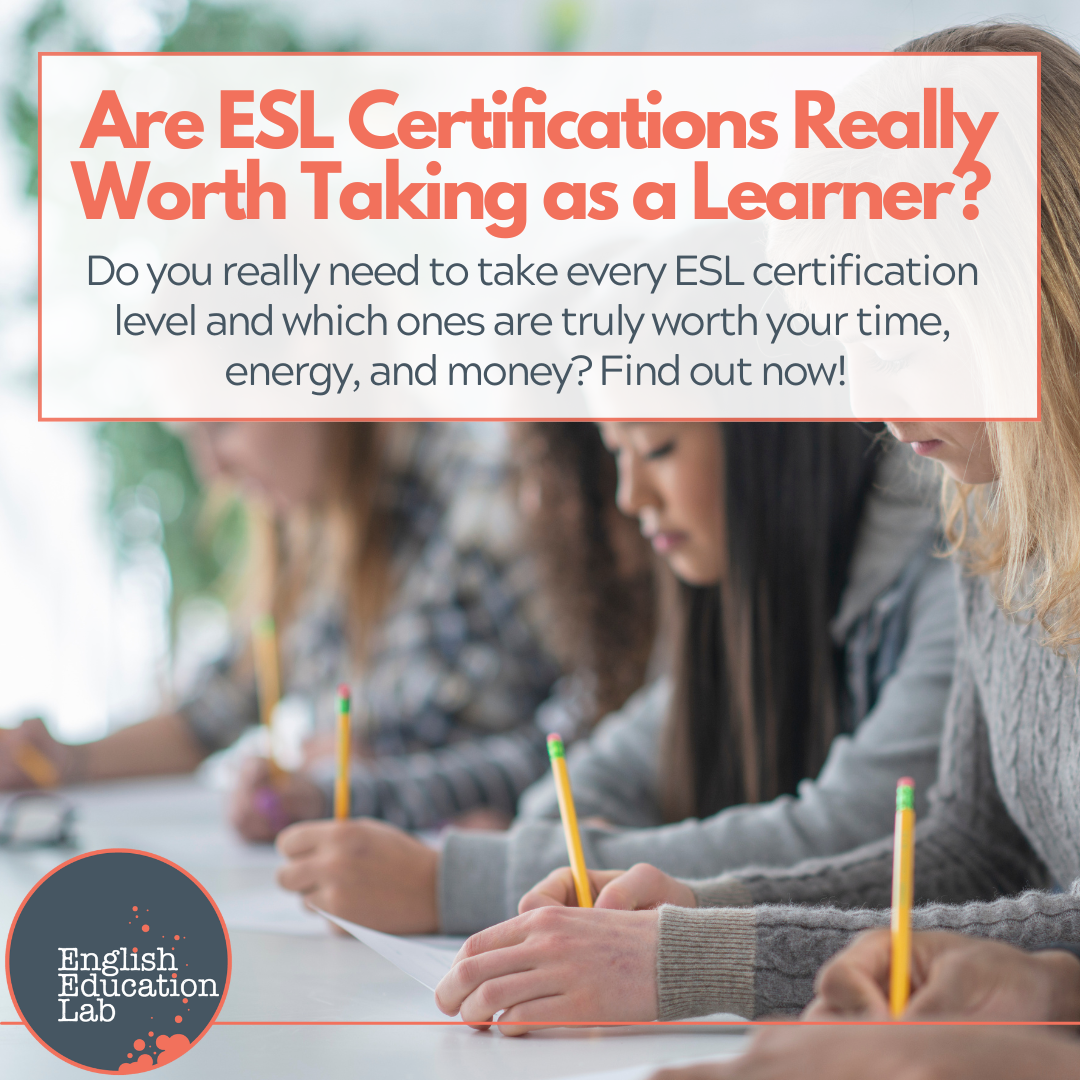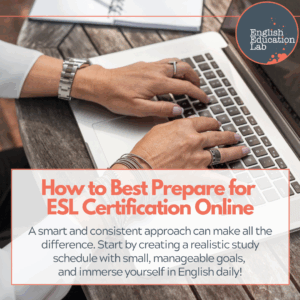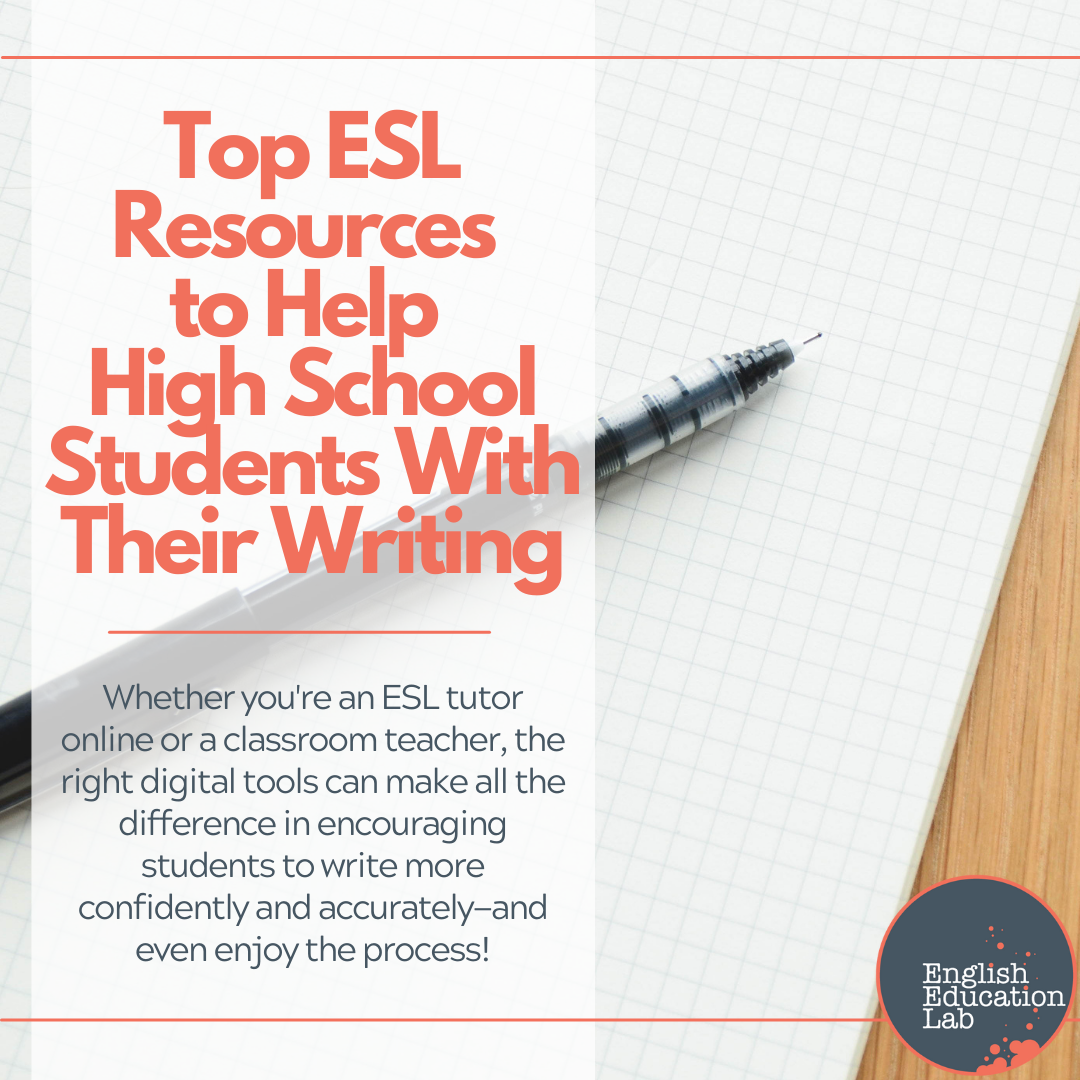
Is ESL certification online really worth it? A smart guide for English learners
If you’ve been learning English for a while, chances are you’ve heard about taking an ESL certification online — maybe from friends, teachers, or even those relentless internet ads! These exams promise a shiny certificate, a confidence boost, and often a path to better job or study opportunities.

But let’s take a closer look: Do you really need to take every ESL certification level and which ones are truly worth your time, energy, and money?
As an ESL teacher with over 25 years of experience (and plenty of stories from stressed-out students!), I’m here to give you an honest, student-first breakdown of what ESL certifications really mean, when they’re useful, and how you can approach them strategically
What is ESL certification?
ESL certification refers to a formal test or exam that measures your English language skills. These exams typically assess listening, reading, speaking, and writing, and provide a level-based result that can be used for academic, professional, or immigration purposes.
-Common ESL certification exams include:
–IELTS (International English Language Testing System)
–TOEFL (Test of English as a Foreign Language)
–Cambridge Exams (e.g., A2 Key, B1 Preliminary, B2 First, C1 Advanced, C2 Proficiency)
–Duolingo English Test (a modern, online alternative growing in popularity)
Thanks to technology, many of these tests can now be taken online, either at home or in approved centers, which adds convenience and flexibility for busy learners.
Why do people take ESL certification?
Students and professionals pursue ESL certification for many different reasons, including:
-University applications in English-speaking countries
-Job opportunities, particularly with international employers
-Visa and immigration requirements
-Personal goals such as tracking progress, increasing motivation, or gaining confidence
An ESL certificate from a recognized institution can serve as official proof that your English meets certain standards. This is especially important if you’re applying to a competitive university or trying to get a work visa abroad.
However, it’s important to ask yourself what your specific goal is before signing up for an exam. Not every exam is needed for every learner.

But… Do you really need every level?
Here’s the truth many test prep centers don’t advertise: you don’t need to take every single level of ESL certification. Some learners get caught in an expensive and stressful cycle—starting with the A2 exam just to check progress, then moving on to B1, B2, and even C1, all while spending hundreds (or even thousands) on test fees. Sound familiar?
The reality is that most universities and employers only care about your highest-level certificate, typically B2, C1, or higher. While lower-level certificates like A2 or B1 can be useful for tracking progress, they’re rarely required. In fact, taking too many exams can drain your budget, increase stress and test anxiety, and steal time away from meaningful study or practice. A smarter approach is to use free online level checks and practice exams to monitor your progress between formal tests.
What ESL certification is worth it?
If you’re aiming for a job, university, or visa program, then a recognized proficiency certification is usually your best bet. For example, if your goal is to study at an English-speaking university, exams like IELTS Academic, TOEFL iBT, or Cambridge C1 or C2 are typically required.
If you want to work internationally, IELTS General, TOEFL, or Cambridge B2 or higher are commonly accepted. For immigration purposes, IELTS General or even the Duolingo English Test (depending on the visa rules) can be valid options. And if your goal is simply personal development, free tests or optional certifications might be enough to gauge your level and stay motivated.
Most academic institutions globally accept the IELTS and TOEFL exams. Cambridge C1 Advanced and C2 Proficiency are also powerful options for proving high-level English skills. And the Duolingo English Test is gaining popularity thanks to its convenience and affordability.
How to choose the right ESL exam
When choosing which ESL certification online to pursue, ask yourself:
-What do I need this certification for?
-Will the institution or employer accept this exam?
-Am I ready for this level, or should I prepare more?
-Is there a more affordable or convenient test that meets my needs?
Don’t be afraid to compare formats too. Some exams are more academic (like IELTS Academic), while others are more practical or casual (like Duolingo).
Also, check whether the exam includes all four skills (reading, writing, listening, speaking), or if it focuses on one more than the others. That can affect both how you prepare and how your results are used.
Tips to prepare for ESL certification online

Whether you’re preparing for the IELTS, TOEFL, or another ESL certification, a smart and consistent approach can make all the difference. Start by creating a realistic study schedule with small, manageable goals, and immerse yourself in English daily through podcasts, YouTube videos, books, and news articles. Practice speaking regularly with online tutors, language exchange partners, or conversation apps to build fluency and confidence.
Be sure to take practice tests often to track your progress and improve your time management. Pay special attention to your weak areas, whether it’s listening comprehension or essay writing. And don’t underestimate the power of conversation classes or personalized lessons—many learners find they prepare more effectively with professional guidance tailored to their needs.
My honest advice to ESL learners
After working with hundreds of ESL students from around the world, here’s my honest advice: you don’t need a certificate to prove your worth or intelligence—but you will need one if your school, job, or visa requires it. What truly matters is progress, not perfection. One well-earned certificate, such as the IELTS or TOEFL, is often enough to open big doors.
Remember, the real goal of language learning isn’t just to pass tests—it’s to communicate with confidence, think critically, and connect meaningfully on a global scale.
Bonus: Learn the science behind English learning
Curious about how your brain learns English and how to stay motivated while preparing for your certification? Check out the latest episode of The English Education Lab Podcast where we explore the neuroscience of language learning, how emotions impact progress, and why consistency beats speed every time.
You’ll walk away with science-backed tips to help you study smarter, not harder.
Final thought: Be strategic, not stressed
Taking an ESL certification online can be a game-changer—but it should be a tool, not a trap!
Choose your exam based on your real-life goals. Skip the unnecessary levels. And remember: what truly matters is your ability to communicate clearly, think in English, and use it confidently in the real world.
📍 Need help preparing for your certification? Want personalized lessons focused on your level and goals? Visit www.englisheducationlab.net for expert support, resources, and conversation classes designed just for ESL learners like you!
Subscribe to my YouTube Channel!
Get your FREE cheat sheet on the English articles!
Further Reading
Why do I have a fear of speaking in English and what can I do about it?
Middle and high school ESL teaching resources inspired by current U.S. political events
Top tips for success in your online English courses: How to stay motivated and organized
Innovative ESL resources for teachers: Unlocking the power of social media conversations
Top 5 online tools to use as an ESL learner
The question of time: How long does it take to learn English?



